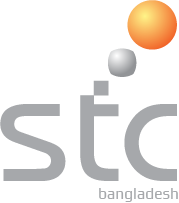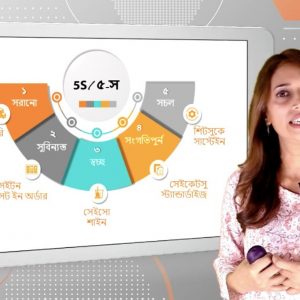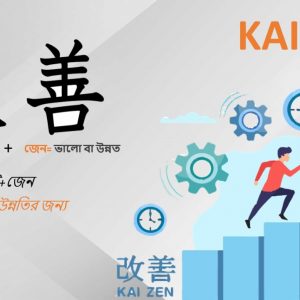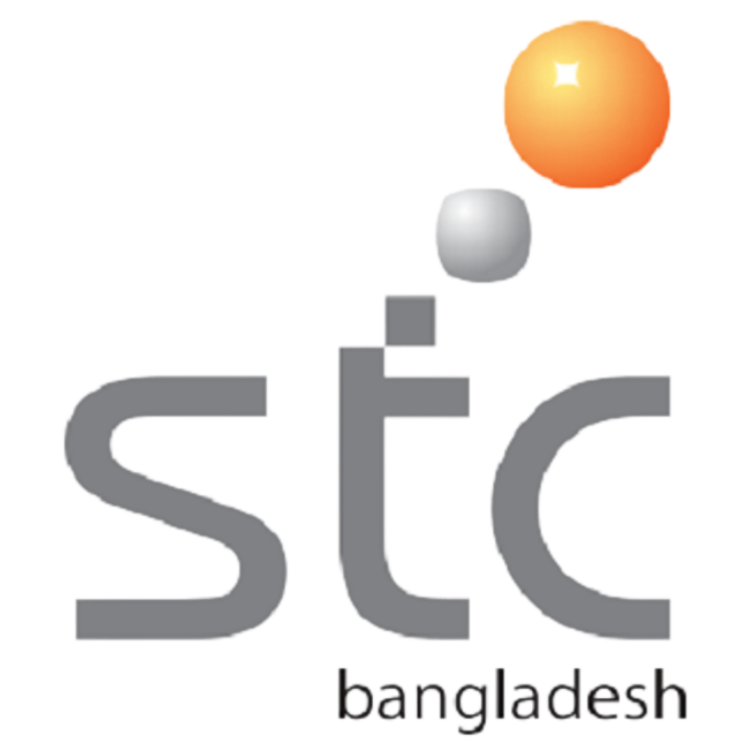Total Quality Management (TQM) Course
৳14,000.00 excluding vat
Courses Included
Description
What is the course about?
Total Quality Management combines both philosophy and methodology to present a uniquely powerful approach to management. This workshop covers both TQM philosophy and its practical methods including key concepts, tools, and analytical processes.
Total Quality Management (TQM) has been one of the most influential methods used in managing business processes over the last 30 years. It has been incorporated as a vital component, in the management systems of some of the world’s most successful enterprises. Total Quality is a description of the culture, attitude and organization of a company that strives to provide customers with products and services that satisfy their needs. The culture requires quality in all aspects of the company’s operations, with processes being done right the first time and defects and waste eradicated from operations.
Who should attend the course?
Person who works with quality management, Managers, Functional team leaders and team members who will be involved in Six Sigma projects, QA Managers, internal consultants, change agents, project managers, persons interested in Six Sigma Black Belt (SSBB) Certification, six sigma project team members.
Why you should attend the course?
- Adopt TQM as a fundamental business strategy
- Communicate the importance of customer focused TQM
- Use seven QC tools for data collection and analysis
- Implement a business strategy driven by Total Quality Management (TQM)
- Accomplish the cultural transformation necessary for successful implementation of total quality practices
How the training conducted?
Module 1: Background
- The History of TQM
- TQM Philosophy
- The Eight Elements Of TQM
- QC circle concept
Module 2: Basic QC tools (with MS excel and Minitab)
- Flow Charts
- Cause and Effect , Fishbone, Ishikawa Diagram
- Histogram or Bar Graph
- Check Lists/ Check Sheets
- Pareto Principle
- Scatter Plots
- Control Charts
Module 3: New QC tools
- Affinity diagram
- Relations diagram
Module 4: New QC tools (cont.)
- Tree diagram
- Matrix diagram
- Matrix data analysis
- Arrow diagram
- Process Decision Program Chart (PDPC)
Module 5: Sustaining Quality and presentation
- Managing Human Resources In a Total Quality Environment
- Sustaining Total Quality
- Presentation




